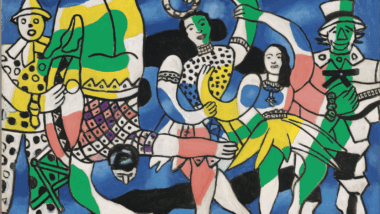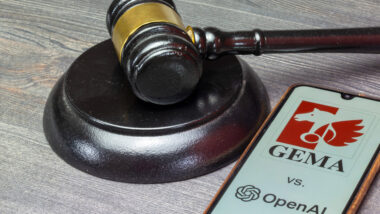Das Netzwerk Communia hat in den letzten Tagen ein Manifest für die Public Domain veröffentlicht:
The digital networked information society has brought the issue of the Public Domain to the foreground of copyright discussions. In order to preserve and strengthen the Public Domain we need a robust and up-to-date understanding of the nature and role of this essential resource. This Public Domain Manifesto defines the Public Domain and outlines the necessary principles and guidelines for a healthy Public Domain at the beginning of the 21st century.
Das Manifest betont die Bedeutung gemeinfreier Werke und der Schranken des Urheberrechts für unsere Gesellschaft. Es erinnert daran, dass die Public Domain gepflegt werden muss, um der Allgemeinheit zugute zu kommen:
Taken together, the public domain, the voluntary sharing of works and exceptions and limitations to copyright, fair use and fair dealing go a long way to ensure that everyone has access to our shared culture and knowledge in order to facilitate innovation and cultural participation for the benefit of the entire society. It is therefore important that the Public Domain in both its incarnations is actively maintained so that it can continue to fulfill this key role in this period of rapid technological and social change.
Das Manifest enthält zudem eine Liste mit neun Empfehlungen, die vor allem in Novellen von Gesetzen zum Urheberrecht einfließen sollten. Wichtig ist auch die Feststellung, „The Public Domain is the rule, copyright protection is the exception.“ Diese Tatsache wird leider allzu häufig übersehen.
Zu den Erstunterzeichnern des Manifests gehören Organisationen wie Creative Commons und internationale Wissenschaftler, darunter Lawrence Lessig und Urs Gasser. Das Manifests kann nun auch öffentlich unterzeichnet werden.
(via)




1 Ergänzungen
Dieser Artikel ist älter als ein Jahr, daher sind die Ergänzungen geschlossen.